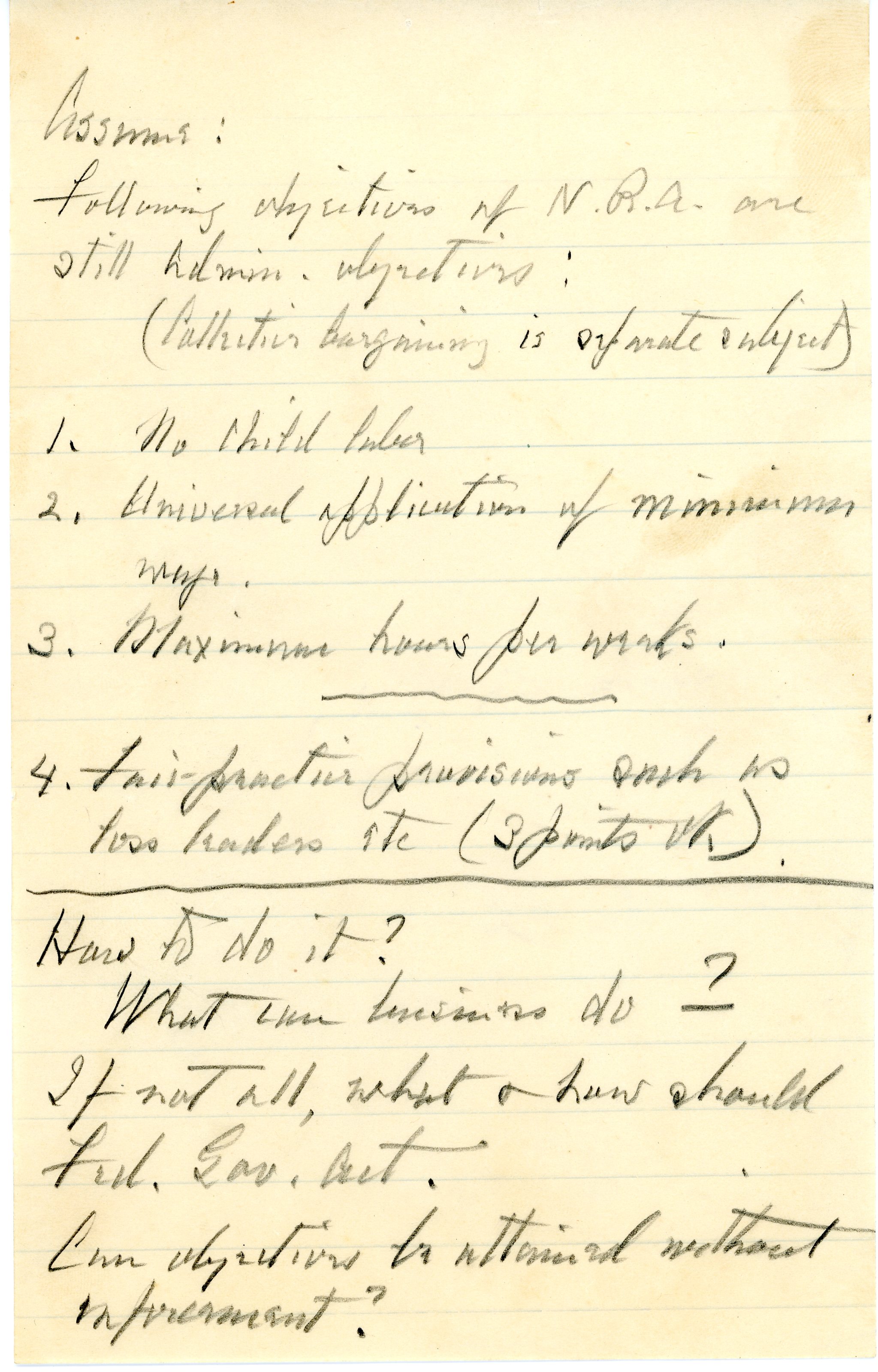This post was written by Lana Mason, Processing Student Assistant. Lana has an Associate of Arts degree in Fine Arts from Piedmont Virginia Community College. She is currently studying Art History with a minor in Arts Management at George Mason University.

Lana Mason.
I’ve been working as an archival processing assistant at SCRC since February 2018. My job is to reprocess collections and create better, more robust finding aids that detail exactly what the collections contain and how they’re organized. Consequently, I spend most of my work hours going through folders and recording their contents into an inventory file, which then becomes the basis of the finding aid. On the surface it might sound mundane—maybe even tedious—but I’ve found it to be a truly exciting and rewarding experience.
The first collection I worked on when I arrived at SCRC was the Chester H. McCall Papers. This collection (though quite small at only 3 boxes long) is absolutely chock-full of materials that provide fascinating and personal insights into the past. The collection’s creator and namesake Chester McCall was a member of the Department of Commerce during the New Deal era, serving as the Assistant Secretary of Commerce from 1933-1937. Working under Secretary of Commerce Daniel Roper, McCall was involved in numerous committees, a member of several different bureaus, and served as a representative of his department to other agencies and sectors. Given its creator’s background, the collection naturally contains a wide variety of professional documents, correspondence, speech drafts, and memoranda, as well as personal writings and several play scripts. Some of the gems of the collection are:
- A hand-written note from President Franklin D. Roosevelt
- Speech drafts including “Credit and the New Deal,” an address McCall himself gave to the Washington Association of Credit Men in March 1934
- Documents and letters related to the proposed creation of the Maberry Organization, intended to be an educational reform committee which McCall helped to develop

Hand-written note from President Franklin D. Roosevelt, 1935, Chester H. McCall papers, C0098, Special Collections Research Center, George Mason University Libraries.


“Credit and the New Deal” Speech Draft by McCall, March 13, 1934, Chester H. McCall papers, C0098, Special Collections Research Center, George Mason University Libraries.

Maberry Organization Correspondence, September 12, 1935, Chester H. McCall papers, C0098, Special Collections Research Center, George Mason University Libraries. This letter was written by Leo J. Paulin, McCall’s assistant.

Maberry Organization Correspondence, November 5, 1935, Chester H. McCall papers, C0098, Special Collections Research Center, George Mason University Libraries.
Exploring the collection gave me a vivid, complex picture of who McCall was and what his life must have been like. Much of the collection consists of materials related to and produced during his time at the Department of Commerce—these provide fascinating insights into how the government and professionals like McCall himself functioned during the time period. There are telegram receipts, letters sent simply to ask the recipient to call them at a different location or to arrange for future mail to be forwarded, and wafer-thin type-written documents and copies. I enjoyed analyzing the formatting and phrases used in the collection’s letters, comparing them with how we might sign off on emails or connect with a business partner today.
From exploring the collection, whose contents span from 1931-1946, it’s easy to see that McCall was very active throughout his working life and sought to take on as much as possible whatever his station was. As is evident from reading through his work materials, he was fully committed to the demands of civil service while serving as Assistant Secretary of Commerce. The documents from that time period illustrate that he was constantly working—traveling, making and maintaining connections, and endless other tasks. After he left the Department of Commerce, McCall continued to live a rich and busy life. By the 1940s, he was settled in Bethesda, Maryland, and had become the editor and publisher of the weekly “Bethesda Journal” newspaper, which ran through 1950. He was also actively involved in both his family life and the community in which he lived.
I wanted to work at SCRC because I have a passion for history and what it says about the human experience. Moreover, I want to help others access it so that they can learn and be enriched by it—I believe that the more we learn about the past, the better we can approach everyday life and build a brighter future for the world. Working on the McCall Papers allowed me to use my passion to both help others have better access to the past and to personally enrich my understanding as well. I hope that this collection will add value to the lives of anyone who accesses it—it certainly has enriched my life. Every day is a learning experience at this job, and I look forward to whatever collections come my way next!
Follow Special Collections Research Center on Social Media at our Facebook, Instagram, and Twitter accounts. To search the collections held at Special Collections Research Center, go to our website and browse the finding aids by subject or title. You may also e-mail us at speccoll@gmu.edu or call 703-993-2220 if you would like to schedule an appointment, request materials, or if you have questions. Appointments are not necessary to request and view collections.

